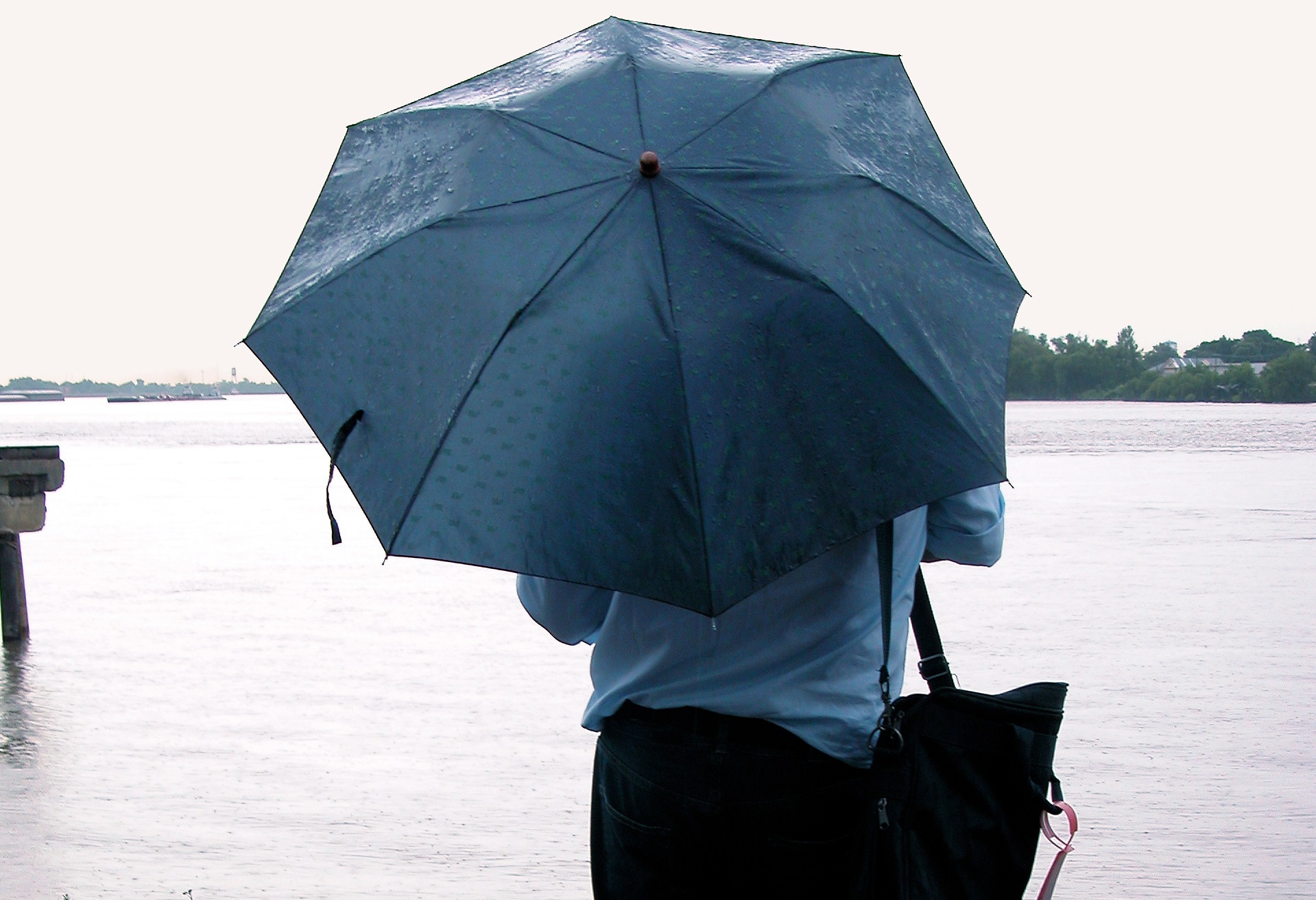
28 Sep How much do I need set aside for emergencies?
Photo: clarita/morguefile.comQ. I have expenses of about $60,000 a year and I have $10,000 in a cash fund for emergencies. I earn $80,000 a year and my wife earns about $15,000. Do we need more cash?
A. Ahh, the rainy day fund question: “How much should I have in cash for emergencies?”
For those of working age, the general rule of thumb is to have between three and six months of living expenses in cash, said Jim Sonneborn, a certified financial planner with RegentAtlantic Capital in Morristown.
It’s different for retirees, who may want to have six to 12 months of cash available for the inevitable stock market declines that come along, he said. This would allow them to ride out most periods of market volatility without having to sell stocks that are down in value.
In your case, Sonneborn said you should shoot for having between $15,000 and $30,000.
Let’s dig a little deeper.
Sonneborn said there are many reasons to have an emergency fund.
“The main one is if something unexpected comes up, you don’t have to worry about where the money is going to come from, or about making a bad decision — i.e. tapping your 401(k) for a new water heater,” he said.
When trying to determine where you might fall on that “three to six months” scale, you’ll want to look at your specific situation, he said.
As the breadwinner, you need to ask yourself about how safe your job is, and that falls into two categories.
First, is your job physically safe, or do you perform a job that puts you at risk for injury?
“If your job is dangerous and you were hurt for an extended period of time you would want to have a larger emergency fund — not to mention really good disability insurance,” Sonneborn said.
Second is how safe your position is within your company.
“If you work in an industry or at a company that has been shrinking, you would want to have a larger emergency fund,” he said.
If you job is safe, the next question you would want to ask yourself is how comfortable you are having just $10,000 in the bank, or about two months’ reserve.
“There are those individuals who like to have only a month or two in cash, especially these days with money market yields effectively at zero percent,” Sonneborn said. “That is fine if you are comfortable with it, but you run the risk of selling assets when the market is down if there is an unforeseen large expense.”
You can establish an equity line of credit on your home to supplement the emergency reserve, though only to the point that you could pay it off within a few months, he said.
“If your cash flow would not allow for that time frame, perhaps its best to have more cash on hand today,” Sonneborn said.
Email your questions to Ask@NJMoneyHelp.com.
This story was first posted in September 2015.
NJMoneyHelp.com presents certain general financial planning principles and advice, but should never be viewed as a substitute for obtaining advice from a personal professional advisor who understands your unique individual circumstances.
